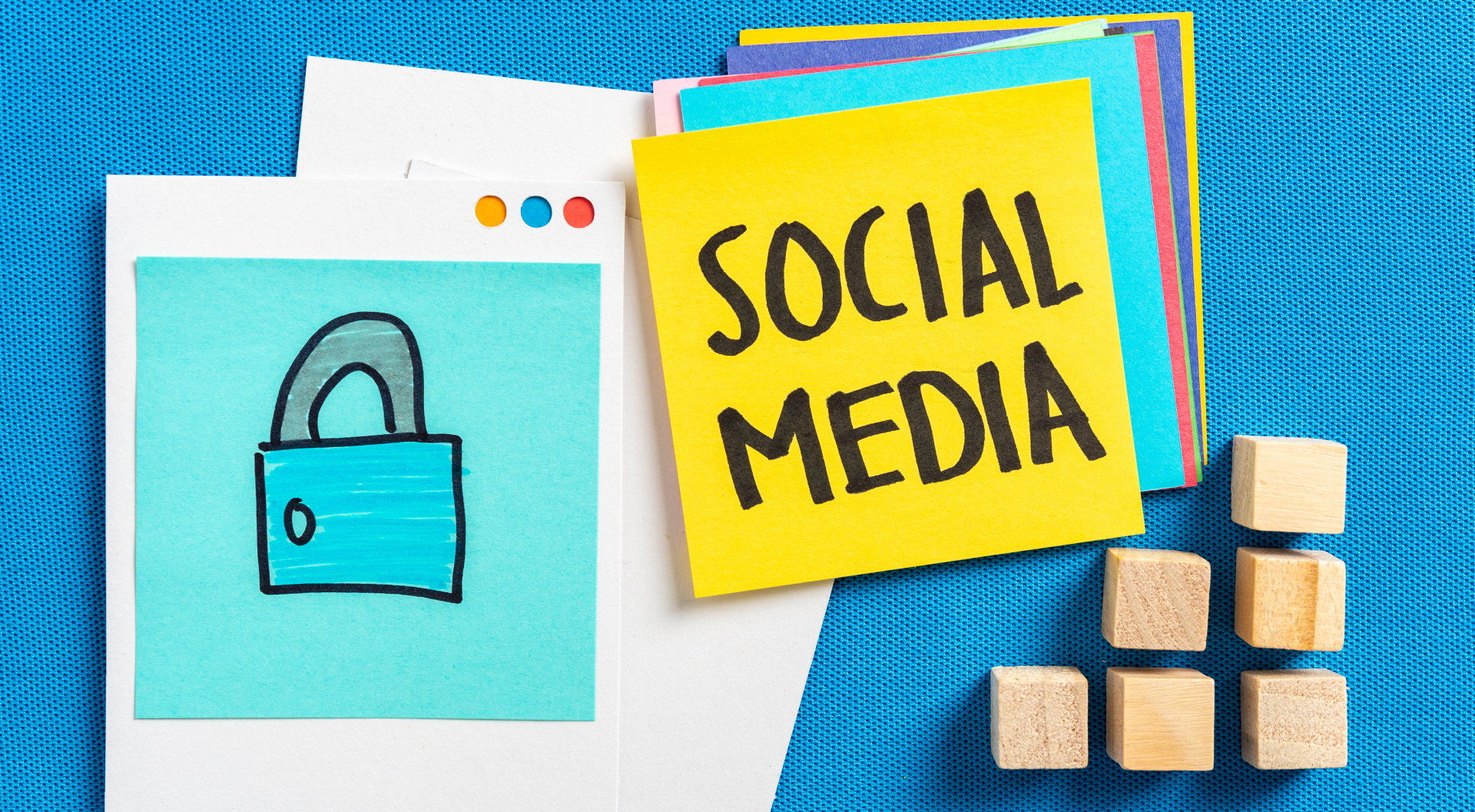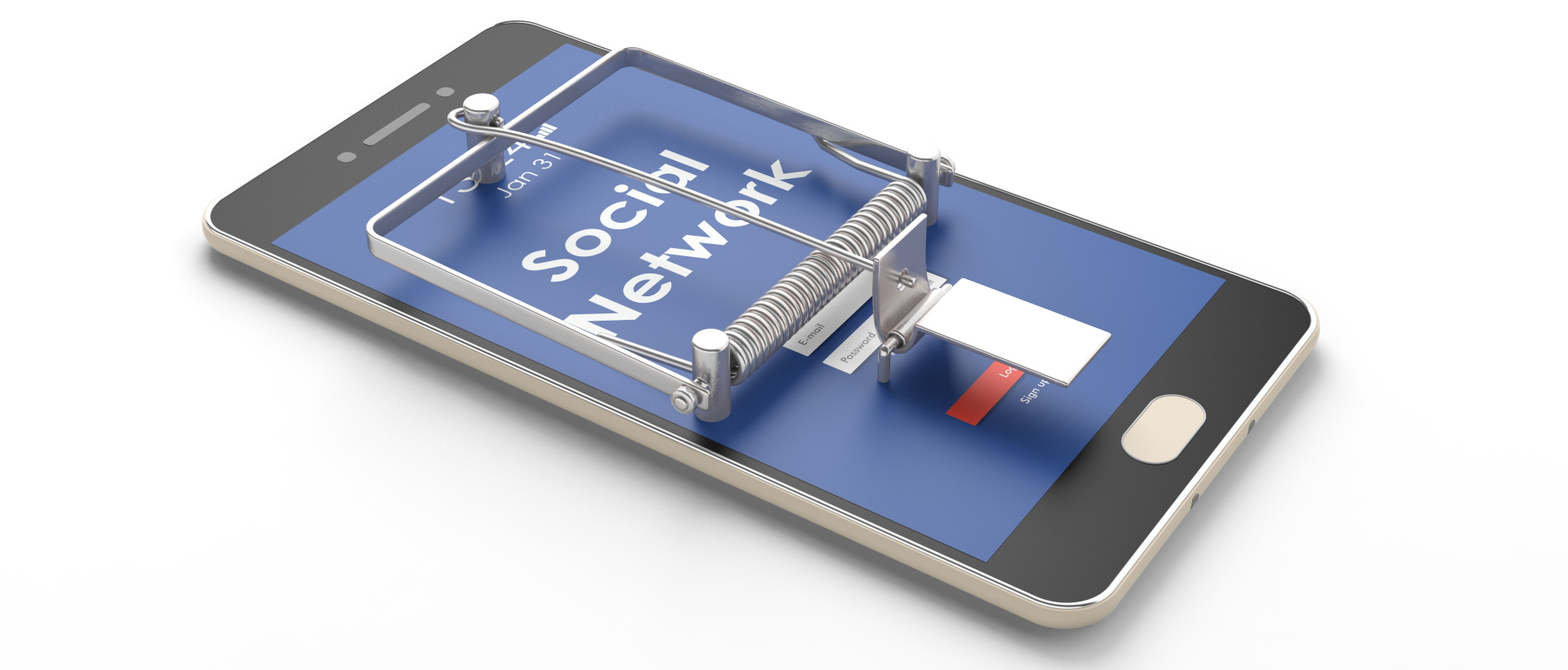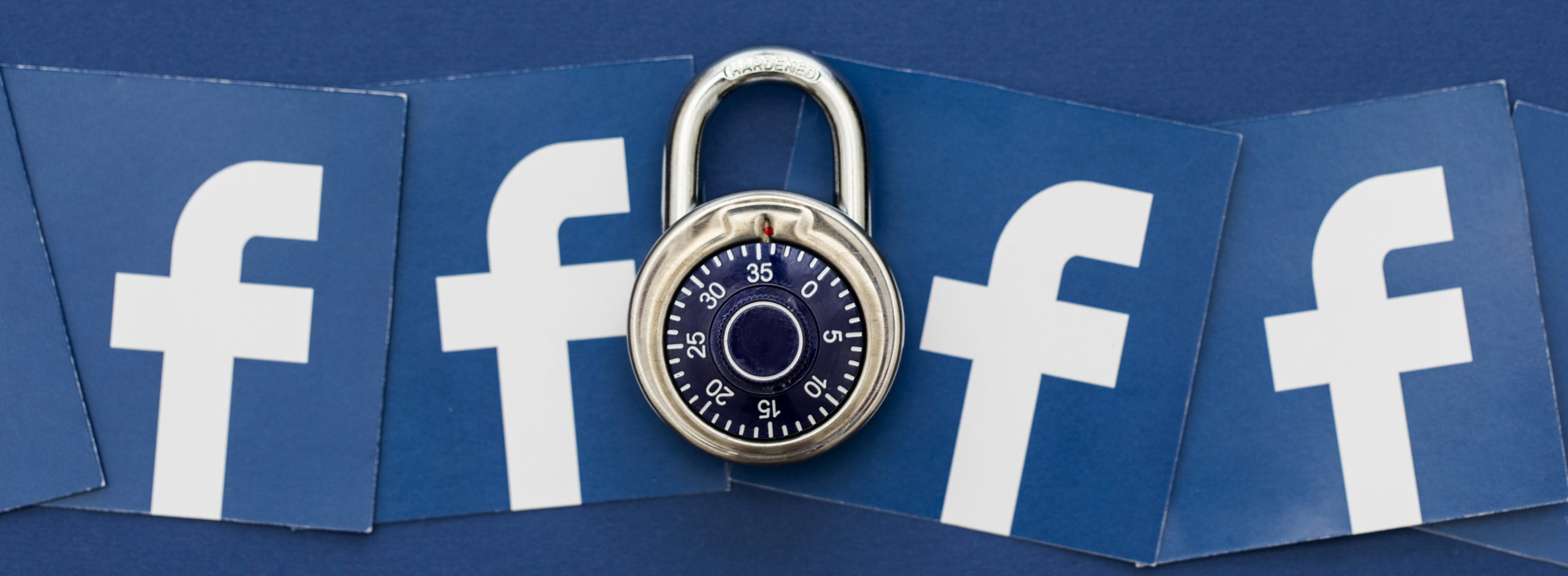Keeping Your Social Media Accounts Secure
Keeping Your Social Media Accounts Secure: I have had it in my mind to write this article for a little while, but there has been an abundance of time-sensitive topics that have superseded it. That was until earlier this week when a friend of mine contacted me in distress as her Facebook account had been hacked. As a local business owner, she relies on Facebook and other social media platforms to promote her business, stay in touch with her clients and post interesting business-based articles. Currently, she is without her Facebook personal account and her Facebook Business Page and is going through the processes to try to recover them both, a long and painful process that might or might not work. This, of course, has promoted me to make this article a priority. Here are all the tips and advice I can think of to help you avoid the same pain!
Use Secure Passwords
Secure passwords are those that are a minimum of 12 characters long, ideally go for 14+ characters. Make sure you use a mixture of upper- and lower-case letters, numbers and symbols (special characters). Don’t use the same password everywhere! It is vitally important that you have different passwords for each website. If you think that this is a daunting task, then try a secure password programme like Enpass which uses encryptions and stores the various passwords locally rather than on their servers.
Change Your Passwords Often
Yes, I know it is painful. But it is necessary to protect your accounts! Schedule the task in every 3 months and stick to it!
Two Factor Authentication
Most social media platforms have a two-factor authentication system, which requires a second piece of information after you have entered your username and password. This could be something only you know such as a PIN, an authentication code sent to your email or mobile or a biometric factor such as finger print – use it if your chosen social sites have them!
Do Not Give Unknown Apps Access
We have all seen them on social media, the apps or mini programmes that you can play, that will, for example, tell you your personality traits based on your favourite colour, or the ones that will tell you which Peaky Blinder character you are most like… you grant these apps access to your social account and in some cases to your mobile phone data! DO NOT USE THEM!
Regularly Review Access Permissions
Review who and what has access to your social media accounts. Whether it is regularly reviewing who has access to Business Pages/Profiles or reviewing which apps you have granted access to, It is important to regularly review and remove any out of date administrators or programmes. If you have played a personality app or game like the ones I mentioned above, do this now and revoke access to all programmes that you do not recognise or that you no longer use.
Keep It All Separate
I have always used a separate email account for social media logins. Mainly because I don’t want my inbox clogged up with social media notifications, it is distracting and I tend to bulk delete them. Doing that has caused issues as there are often other emails caught up in the removal process. Using a separate email account means that I can choose when I focus on my social media and it means I give it the attention it deserves when I do. It also means that my email login address is more difficult for hackers to guess.
Being Tech Smart On Mobile Devices
None of us wants the faff of entering a password every time we access our favourite social media site from our mobiles. We tend to leave our accounts logged in. On your mobile that can be a big risk, what if you lose your phone, or even leave it unattended in a public place for a few moments? The opportunist doesn’t need long and if your phone is unlocked, they can access far more than a social media account – like your bank account, Amazon and other shopping sites – it will take just a few minutes to tap an app make a purchase and change the shipping address. Do not leave your phone unlocked and unattended.
Make sure you have a lock screen on your phone and use the facial recognition software or fingerprint software. A top tip from Anton my programmer: make sure text messages cannot be viewed when your screen is locked. If you need to get back into a social account, e-commerce account like Amazon or your bank they will often text a code to you… if that appears on your locked screen then you have just given access to a hacker who doesn’t even have to go to the trouble of getting into your phone!
Keeping Your Social Media Accounts Secure – The Peril Of Public Wi-Fi
Be vigilant when utilising public Wi-Fi connections. These are often not encrypted and anything you enter might be visible to unsavoury types, including the passwords you type in.
Do Not Click On Links In Emails
Even if you are certain the email has come from Facebook, LinkedIn, Twitter, Instagram, Pinterest, Google, Amazon, Paypal, etc. do not click on links in emails! For years there has been a spate of emails pretending to be from sites, usually warning of suspicious activity on your account, these are getting more sophisticated and can look very authentic – do not click on the link in the email! Instead, navigate to the specific website and log in as you usually would and check for notifications. If you cannot see a corresponding notification, then check with the company directly. It takes 2-3 minutes extra, it is well worth the caution as it can take weeks to recover your account and even then you might not be successful or you may find that all your precious family pictures have been removed from your social accounts, or that a hacker has used the account to send malicious or phishing messages or the hacker has had a shopping spree at your expense. 2-3 minutes extra caution is worth it when compared to the potential losses you could suffer.
Keeping Your Social Media Accounts Secure – Use The Security!
Finally, I suggest familiarising yourself with your chosen social media accounts security, they all offer different levels of security and helpful advice. For example, did you know Facebook has a Trusted Friend scheme that can help you get back into your account if you get locked out of it? You do now! Set it up! It might just help you!
The last thing any of us want is to have an important online account hacked. At best it is inconvenient, at worst, you could be wiped out financially or have your identity stolen. Taking the precautions I have listed in this article might be a pain but nowhere near as painful as being hacked, so take a little time and ensure your online accounts are as safe as they can be.









The article not only highlights the potential risks associated with social media but also provides actionable steps to mitigate these risks. I particularly appreciated the emphasis on the importance of strong passwords, two-factor authentication, and staying up-to-date with privacy settings.
Great article, I will create an email accout today! After 2 stressful weeks I have got my FB account back. I always wanted to be a hero in a story but not like that;) Thank you for your great support and knowledge.
Always my pleasure Magda, here whenever you need me!